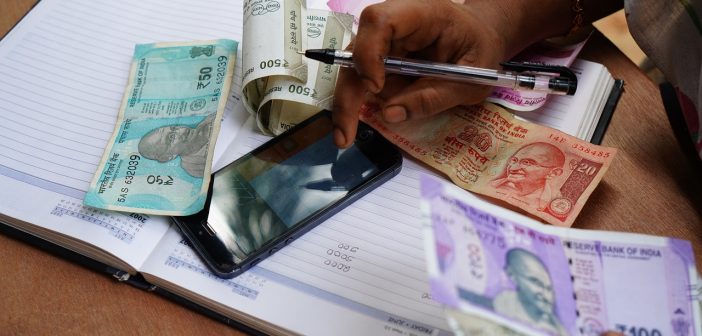Money matters are a universal concern, transcending geographical boundaries and cultural differences. In India, a diverse and dynamic nation, individuals grapple with a myriad of financial challenges that impact their livelihoods and well-being. From managing everyday expenses to planning for the future, navigating the complex landscape of personal finance can be daunting. Delving into the data sheds light on some of the common money issues that plague every Indian.
1. Income Disparities
Income inequality is a pressing issue in India, with significant disparities existing between various socio-economic groups. According to the latest data from the National Sample Survey Office (NSSO), the top 1% of India’s population holds over 22% of the country’s total income, while the bottom 50% accounts for just 15% of income. This wide gap between the rich and the poor exacerbates financial insecurity and limits opportunities for upward mobility, particularly for marginalized communities.
2. Rising Cost of Living
The cost of living in India has been steadily increasing, outpacing wage growth and putting pressure on household budgets. Essential expenses such as food, housing, healthcare, and education have become increasingly unaffordable for many Indians, especially those living in urban areas. According to the Reserve Bank of India (RBI), inflation, as measured by the Consumer Price Index (CPI), has averaged around 6% in recent years, eroding purchasing power and straining household finances.
3. Debt Burden
Debt has become a ubiquitous presence in the lives of many Indians, with borrowing often seen as a necessary means to meet short-term financial needs or achieve aspirational goals. However, excessive debt can quickly spiral out of control, leading to financial stress and long-term consequences. According to a report by the Credit Information Bureau of India Limited (CIBIL), retail lending in India has grown at a compound annual growth rate (CAGR) of over 16% in the past five years, with personal loans and credit card debt accounting for a significant portion of overall borrowing.
4. Lack of Financial Literacy
Despite the growing importance of financial literacy in today’s complex economy, many Indians lack the basic knowledge and skills needed to make informed financial decisions. According to a survey conducted by the Securities and Exchange Board of India (SEBI), only 24% of Indian adults are financially literate, with wide disparities observed across different states and demographic groups. This lack of financial literacy leaves individuals vulnerable to exploitation and makes them more susceptible to falling prey to scams, frauds, and predatory financial products.
5. Inadequate Savings and Retirement Planning
A culture of saving and prudent financial planning is essential for long-term financial security, yet many Indians struggle to build adequate savings and plan for retirement. According to the Economic Survey of India, the household savings rate has been declining in recent years, falling from 23.6% of GDP in 2012-13 to 17.2% in 2019-20. Moreover, a significant portion of the population, particularly in the informal sector, lacks access to formal retirement savings options such as pension plans and provident funds, leaving them vulnerable to financial insecurity in old age.
Addressing the Challenges: Strategies for Financial Empowerment
While the financial landscape in India presents numerous challenges, there are steps individuals can take to mitigate the impact of common money issues and achieve greater financial stability:
- Budgeting and Expense Tracking: Developing a budget and tracking expenses can help individuals gain a clearer understanding of their financial situation and identify areas where they can cut costs and save money.
- Debt Management: Taking proactive steps to manage and reduce debt, such as prioritizing high-interest debt repayment and avoiding unnecessary borrowing, can alleviate financial stress and pave the way for long-term financial freedom.
- Financial Education: Investing in financial education and literacy programs can empower individuals to make informed financial decisions, navigate complex financial products, and plan for their future with confidence.
- Saving and Investing: Cultivating a habit of saving and investing regularly, even small amounts, can help individuals build wealth over time and achieve their long-term financial goals. Exploring investment options such as mutual funds, stocks, and fixed deposits can help individuals grow their savings and mitigate the impact of inflation.
- Seeking Professional Advice: Consulting with a qualified financial advisor or planner can provide individuals with personalized guidance and strategies tailored to their unique financial situation and goals. A professional advisor can help individuals navigate complex financial issues, plan for major life events, and optimize their financial resources for maximum impact.
By addressing common money issues head-on and adopting proactive financial management strategies, every Indian can take control of their financial future and work towards achieving greater stability, security, and prosperity. Through education, empowerment, and prudent decision-making, individuals can overcome financial challenges and build a brighter and more secure tomorrow for themselves and their families.






